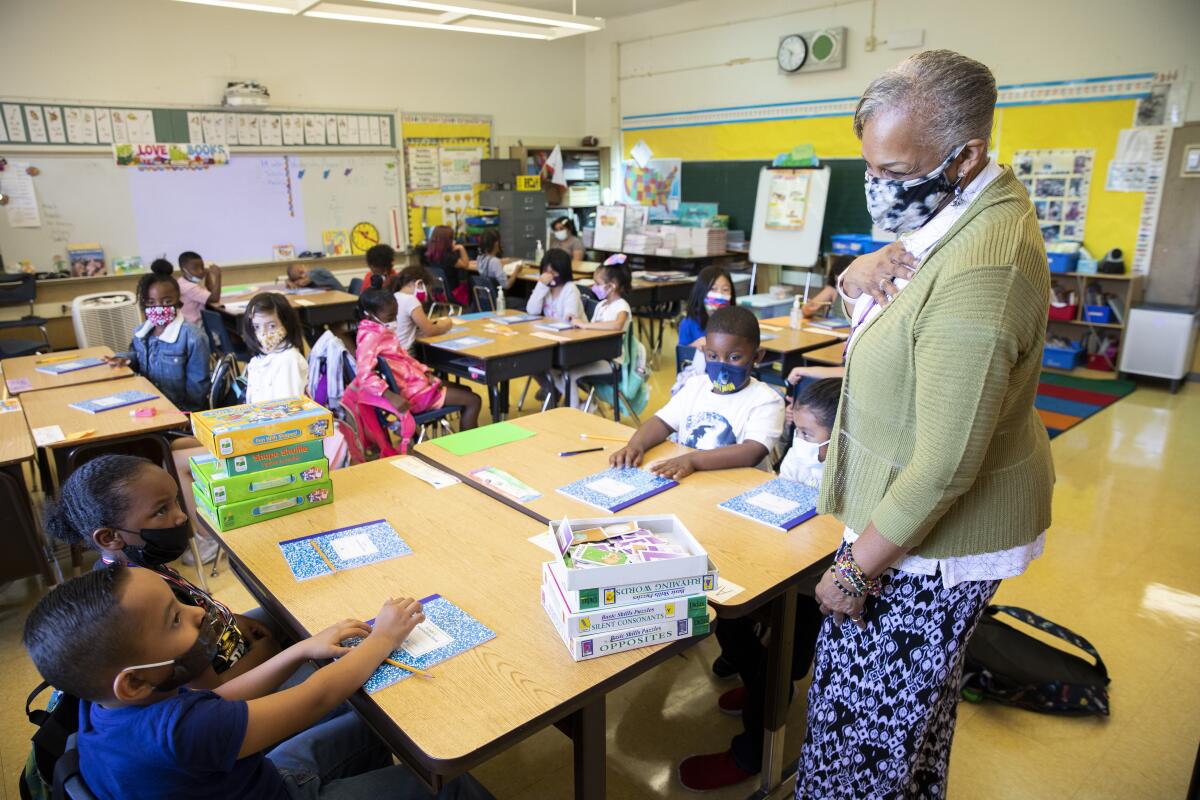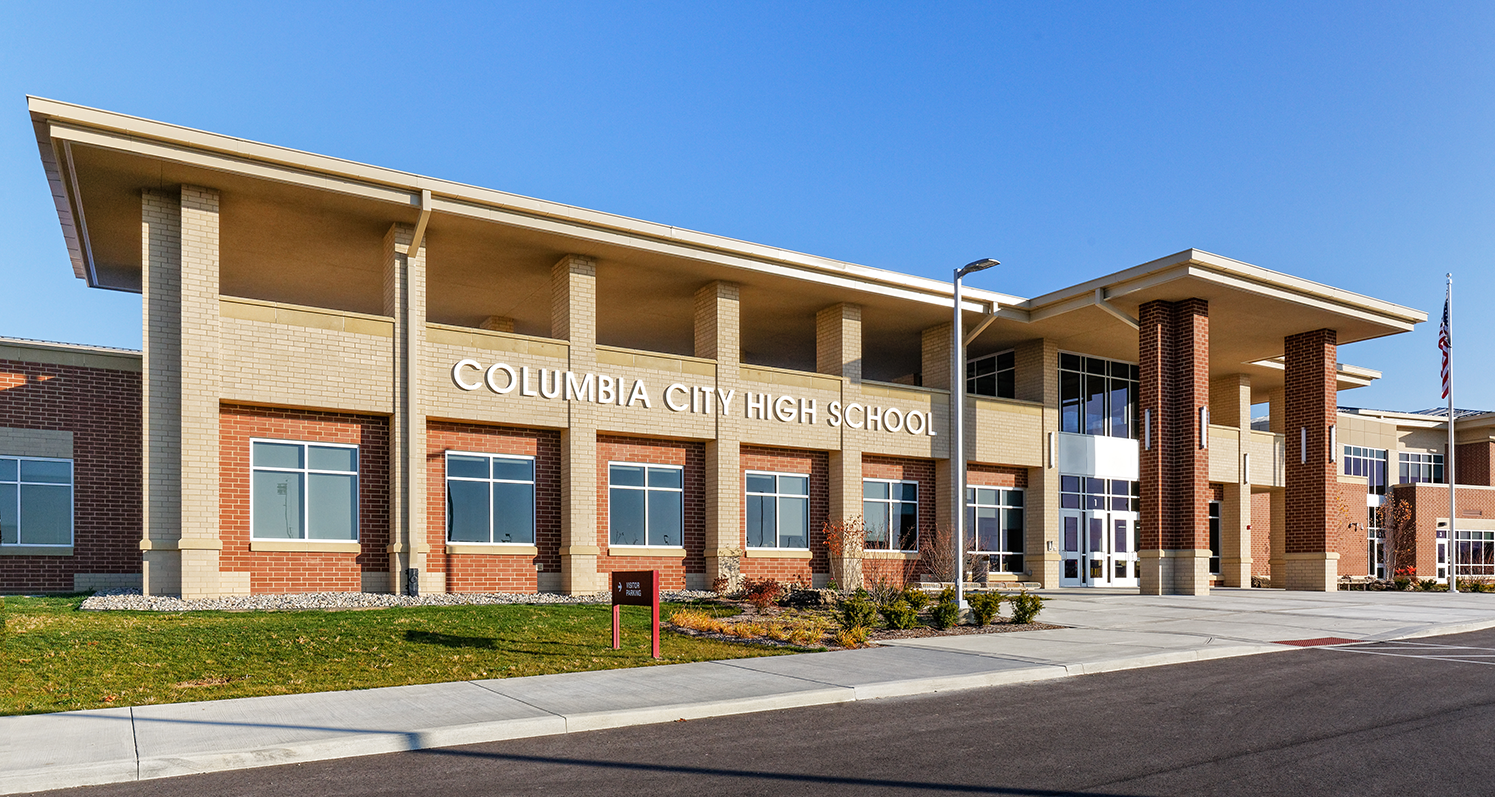The Importance of Neighborhood Support to Save Temecula Schools Today
The Importance of Neighborhood Support to Save Temecula Schools Today
Blog Article
Comprehending the Relevance of Colleges in Youngster Growth and Community Growth
Schools act as pivotal organizations for child development and community growth, offering environments where scholastic success are enhanced by the growing of social abilities and direct exposure to varied perspectives. These instructional settings not only promote important thinking and effective interaction yet also foster empathy via collaborative tasks. Moreover, institutions' involvement with neighborhood communities with service-learning efforts enhances the bond in between families and schools. This symbiotic connection highlights the importance of institutions in nurturing active citizenship and long-lasting knowing routines. However, what are the specific devices by which these establishments accomplish such profound impacts?
Academic Accomplishment
Academic achievement serves as a foundation of youngster growth, supplying the foundation whereupon future learning and success are developed. Colleges play a critical duty in fostering this scholastic development, providing structured atmospheres where children can obtain necessary expertise and cognitive abilities. Standard educational program make sure that pupils gain effectiveness in core subjects such as maths, scientific research, and language arts, which are crucial for both college and professional opportunities.
In addition to presenting basic scholastic skills, colleges also grow essential reasoning, analytical capabilities, and intellectual interest. These cognitive competencies are important for navigating intricate real-world scenarios and adapting to the ever-evolving demands of the modern office. Teachers, as facilitators of learning, utilize varied pedagogical approaches to provide to different knowing styles, thereby maximizing individual student possibility.
Furthermore, scholastic success is closely connected to self-confidence and motivation. Youngsters that experience scholastic accomplishments are a lot more most likely to establish a favorable self-concept and a lifelong interest for discovering. Institutions also provide various sources, such as libraries and innovation, which further improve the academic experience and prepare trainees for a highly sophisticated culture.
Social Skill Growth
Beyond scholastic success, the role of schools in social ability development is indispensable. Schools function as a key venue for children to learn and practice crucial social skills such as participation, communication, and dispute resolution. In the organized setting of a class, students connect with peers, teachers, and other college staff, supplying numerous opportunities to establish these crucial capabilities.
Efficient social skill development in institutions is assisted in with team activities, joint tasks, and extracurricular programs. These communications assist students understand social norms, build empathy, and cultivate a sense of neighborhood. For example, group jobs teach pupils how to work with each other in the direction of a typical objective, pay attention to various point of views, and browse disputes constructively.

The growing of social abilities throughout school years lays a foundation for future personal and professional partnerships. Save Temecula Schools. As trainees develop, the capacity to effectively interact and work together comes to be significantly crucial, underscoring the college's important duty in holistic kid growth
Direct Exposure to Variety
Exposure to diversity in institutions is basic to cultivating a comprehensive mindset and widening trainees' point of views. Schools act as a microcosm of the wider society, and running into varied cultures, languages, and socioeconomic histories within this atmosphere gears up my review here trainees with essential abilities for browsing a significantly globalized world. This direct exposure motivates compassion, lowers prejudices, and promotes common respect amongst peers.
Research study indicates that pupils who connect with peers from varied histories exhibit much better analytical abilities and imagination. This understanding of diversity prepares trainees for future offices that value modern capability - Save Temecula Schools.

Community Interaction
The advantages of varied class extend beyond the school walls, cultivating a solid sense of community interaction amongst students. By interacting with peers from numerous social, socioeconomic, and ethnic histories, students acquire a broader viewpoint and a gratitude for diversity. This exposure encourages them to come to be energetic people that want to contribute positively to their neighborhoods.
Colleges that highlight area involvement typically include service-learning tasks, which enable trainees to attend to real-world troubles while using academic skills. These projects not only enhance trainees' understanding of their coursework however additionally infuse a sense of duty and empathy. Partnerships between institutions and local organizations provide trainees with opportunities to get involved in community occasions, additionally strengthening their role as positive community participants - Save Temecula Schools.
Additionally, parental and community involvement in institutions strengthens the bond between schools and the communities they offer. When colleges open their doors to community occasions, workshops, and volunteer chances, they produce a collective setting that profits all stakeholders. This shared assistance system ensures that trainees receive all natural advancement, preparing them to become well-rounded people that contribute and value to their communities. Via these initiatives, institutions play an essential role in nurturing neighborhood engagement and promoting social development.
Lifelong Discovering Routines
Developing long-lasting learning practices is crucial for a youngster's constant development and versatility in an ever-changing globe. Institutions play an essential role in instilling these practices by developing a setting that fosters interest, vital thinking, and a love for understanding. Via diverse educational programs and after-school activities, teachers urge trainees to discover different subjects, assess details critically, and use their finding out to real-world scenarios.

Moreover, institutions offer a structured atmosphere where youngsters can create self-discipline and time administration abilities, both of which are crucial for continual discovering. By stressing the significance of setting objectives, mirroring on development, and adapting strategies, universities prepare pupils to navigate the intricacies of adult life, ensuring they remain lifelong students and factors to culture.
Verdict
In conclusion, institutions are important in fostering child growth and community development by giving atmospheres helpful to scholastic achievement, social skill development, and direct exposure to variety. Inevitably, institutions cultivate lifelong knowing habits, outfitting people with the essential knowledge and skills to contribute favorably to society.
In the organized environment of a classroom, pupils communicate with peers, instructors, and other institution personnel, supplying various chances to establish these vital capacities.
In significance, direct exposure to variety within colleges not only improves specific students yet also enhances the social material of the community as a whole.
The benefits of diverse class extend beyond the college wall surfaces, cultivating a strong sense of area involvement amongst students.Colleges that stress area engagement typically integrate service-learning jobs, which enable trainees to deal with real-world problems while applying academic abilities. Collaborations in between institutions and regional organizations offer students with opportunities to participate in community occasions, better solidifying their function as proactive area participants.
Report this page